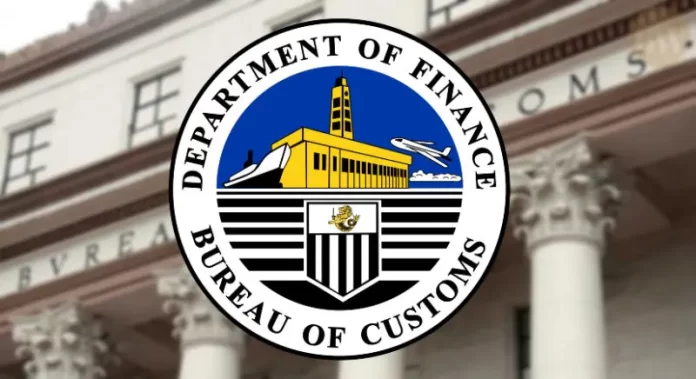-
Domestic sales of goods manufactured in economic zones/freeport zones in a customs territory may be covered by paper-based certificate of origin Form D to claim preferential tariff
-
The claiming of preferential tariff is subject to the rules of origin requirement under the ASEAN Trade in Goods Agreement
Domestic sales of goods manufactured in economic zones/freeport zones may be covered by paper-based certificate of origin (CO) Form D to claim preferential tariff, the Bureau of Customs (BOC) clarified recently.
The claiming of preferential tariff is subject to the rules of origin requirement under the Association of Southeast Asian Nations (ASEAN) Trade in Goods Agreement (ATIGA) and compliance with existing customs laws and regulations, according to Assessment and Operations Coordinating Group (AOCG) Memo No. 86-2024.
The memo clarifies Customs Memorandum Circular 212-2023, which noted that the use of paper-based CO is accepted only in case of a system downtime in the National Single Window.
The electronic CO (e-CO) was fully implemented by BOC on January 1 in view of the enforcement of the ASEAN-wide Self-Certification Scheme (AWSC). It is also in compliance with one of the Priority Economic Deliverables under Indonesia’s ASEAN chairmanship this year: the e-CO’s full implementation through the ASEAN Single Window (ASW).
Full implementation means ASEAN members may only issue and accept e-CO Form D to claim/grant ATIGA tariff preference.
Explaining AOCG memo 86-2024, AOCG deputy commissioner Atty. Vener Baquiran told PortCalls: “For local /domestic sales, buyers can present a paper-based CO Form D to Customs to claim preferential rate of duty for finished goods that comply with the rules of origin under the ASEAN Trade in Goods Agreement sold in the customs territory.”
ATIGA has been in place since 2010 and provides for import duties to be eliminated for 98.7% of the products of ASEAN member states.
A CO, or Form D, is an international trade document attesting that goods in a particular export shipment are wholly obtained, produced, manufactured, or processed in a particular country. The CO, which also serves as an exporter’s declaration, must be submitted to secure preferential tariffs as provided under the ATIGA.
ASEAN earlier said the time of application and submission of CO Form D would be substantially reduced, while the administrative costs of processing documents would be minimized.
The authenticity of the Form D data would be secured to reduce the risks of fraud while ASEAN customs authorities can save time for verifying Form D.
BOC created a portal — https://eco.customs.gov.ph/ — where exporters can register and apply for an e-CO. – Roumina Pablo





